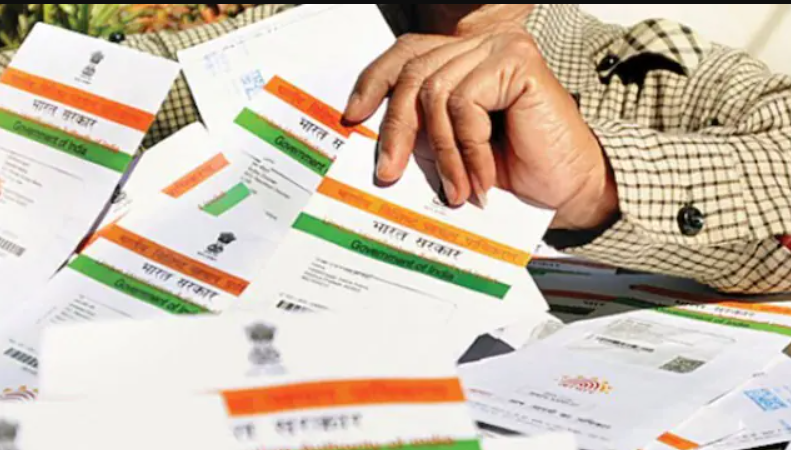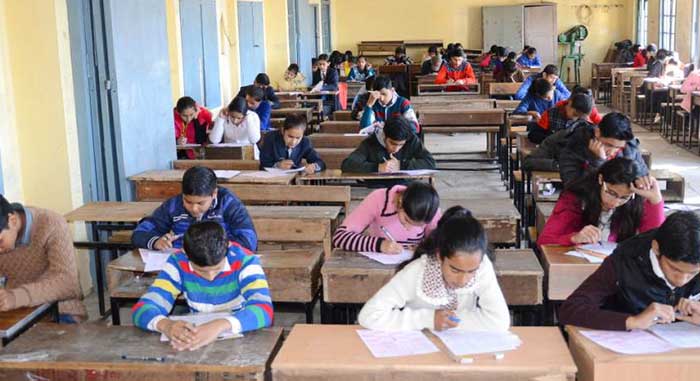PM Kisan 20th Installment Date: PM Modi Likely to
June 8, 2025

The Ministry of Labour & Employment is one of the oldest and important Ministries of the Government of India. The main responsibility of the Ministry is to protect and safeguard the interests of workers in general and those who constitute the poor, deprived and disadvantage sections of the society, in particular, with due regard to creating a healthy work environment for higher production and productivity and to develop and coordinate vocational skill training and employment services. Government’s attention is also focused on promotion of welfare and providing social security to the labour force both in organized and unorganized sectors, in tandem with the process of liberalization. These objectives are sought to be achieved through enactment and implementation of various labour laws, which regulate the terms and conditions of service and employment of workers. The State Governments are also competent to enact legislations, as labour is a subject in the concurrent list under the Constitution of India.
At present, there are 44 labour related statutes enacted by the Central Government dealing with minimum wages, accidental and social security benefits, occupational safety and health, conditions of employment, disciplinary action, formation of trade unions, industrial relations, etc. The list of Central Acts is annexed.
Welfare of the Unorganized Sector Workers
As per the survey carried out by the National Sample Survey Organization in the year 2009-10, the total employment, in both organized and unorganized sectors in the country was of the order of 46.5 crore comprising around 2.8 crore in the organized sector and the balance 43.7 crore workers in the unorganized sector. Out of 43.7 crore workers in the unorganized sector, there are 24.6 crore workers employed in agricultural sector, about 4.4 crore in construction work and remaining in manufacturing and service. In order to ensure welfare of workers in the unorganized sector which, inter alia, include weavers, handloom workers, fishermen and fisherwomen, toddy tappers, leather workers, plantation labour, beedi workers, the ‘Unorganized Workers’ Social Security Act, 2008’ has been enacted. As per the provisions of the Act, a National Social Security Board has been constituted for recommending formulation of social security schemes viz. Life and disability cover, health and maternity benefits, old age protection and any other benefit as may be determined by the Government for unorganized workers.
Grants-in-aid Scheme:
The Ministry of was running a Grant-in-aid Scheme for the welfare of women labour. This Scheme, which was continuing since Sixth Five Year Plan (1981-82), was administered through voluntary organizations by giving grant-in-aid to them for the following purposes:
Organizing working women and educating them about their rights/duties, Legal aid to working women
Seminars, workshops, etc. aiming at raising the general consciousness of the society about the problems of women labour
Under this Scheme, Voluntary Organizations/NGOs were being provided funds by way of grants-in-aid to take up action-oriented projects for the benefit of women labour. Projects relating to awareness generation campaigns for women labour under this Scheme. The focus of the Scheme was awareness generation among women labour, in the area of wages, like minimum wages, equal remuneration, etc. to disseminate information on various schemes of Central/State Government Agencies available for the benefit of women labour.
This Scheme was introduced with the intention of furthering Government’s policy of helping women workers become aware of the rights and opportunities available to them under various Schemes of the Government.
As per the provisions of the Scheme, grants-in-aid was being provided as 75% of the total cost of the project. However, the projects relating to studies entrusted to various institutes were funded in full, i.e., 100%.

June 8, 2025

June 8, 2025

June 8, 2025

June 8, 2025

June 8, 2025

June 8, 2025

June 8, 2025

June 8, 2025

June 8, 2025

June 8, 2025